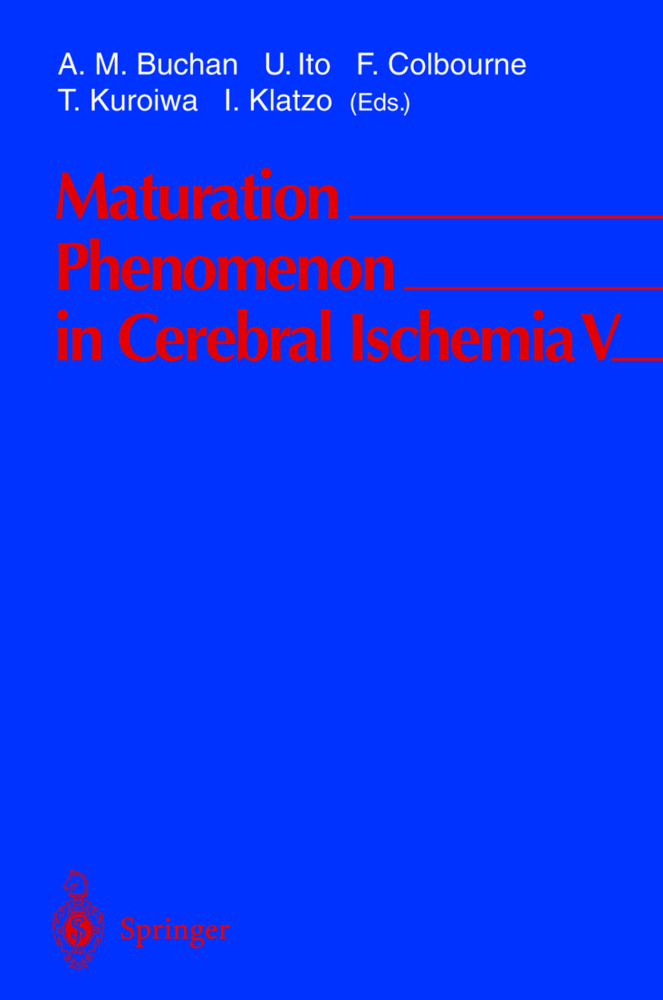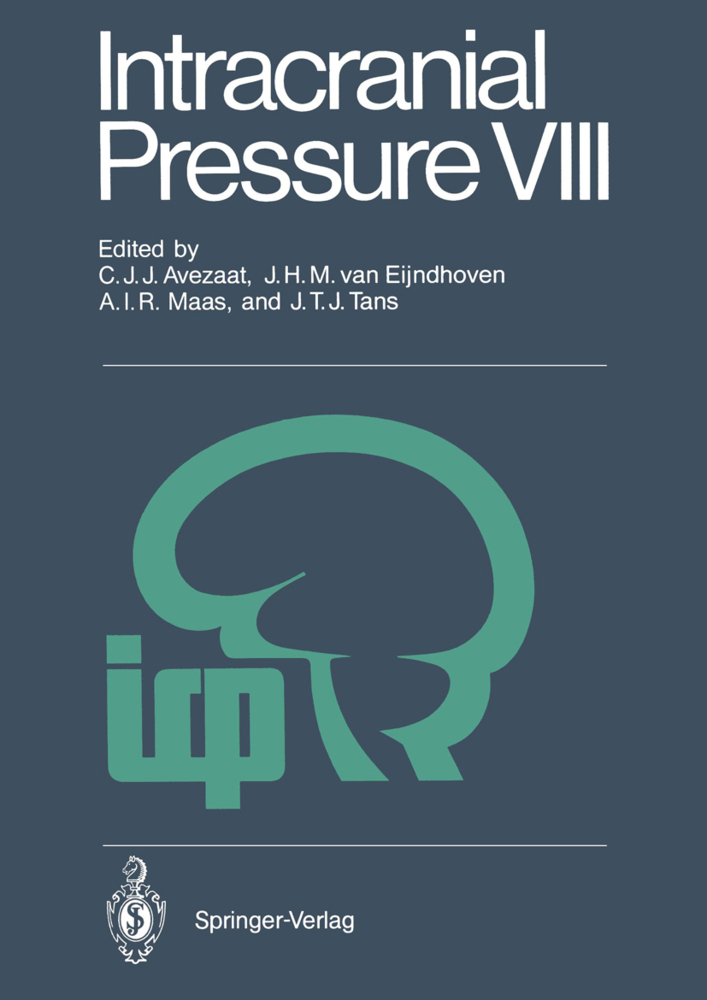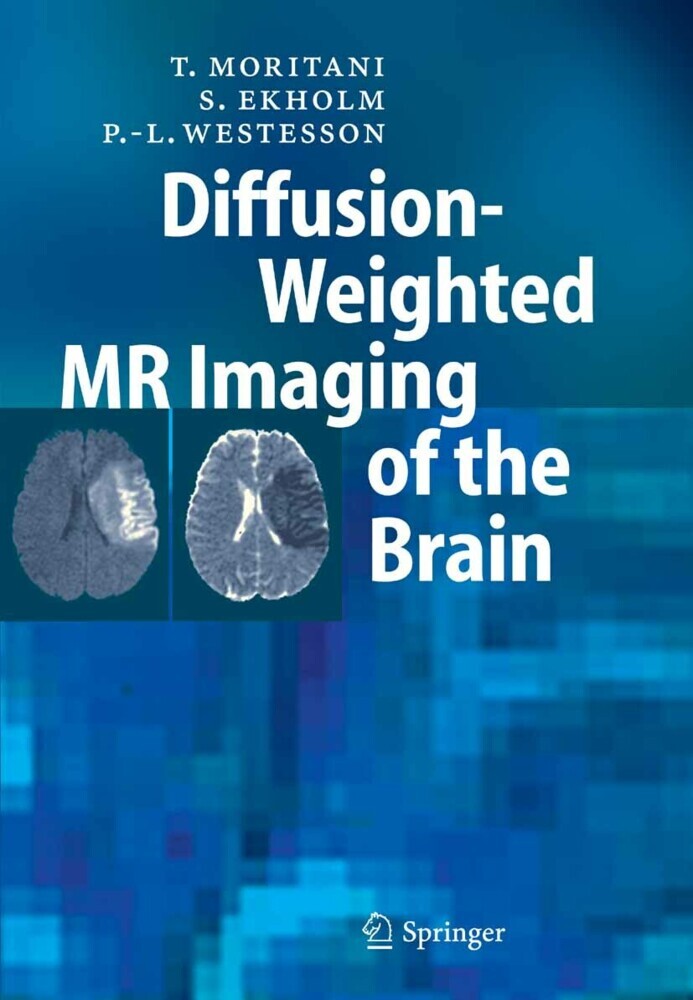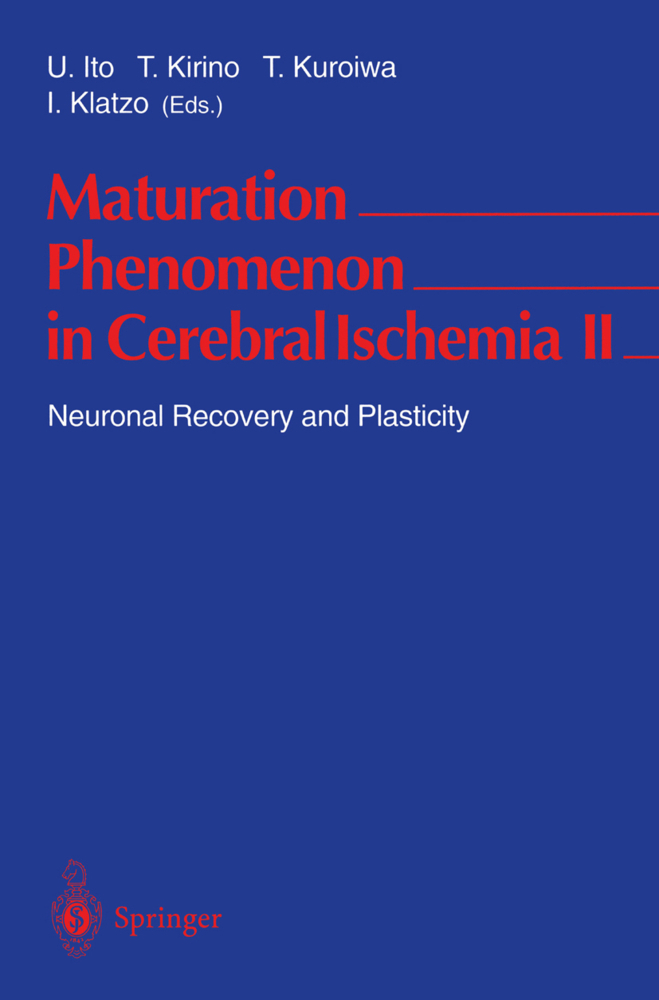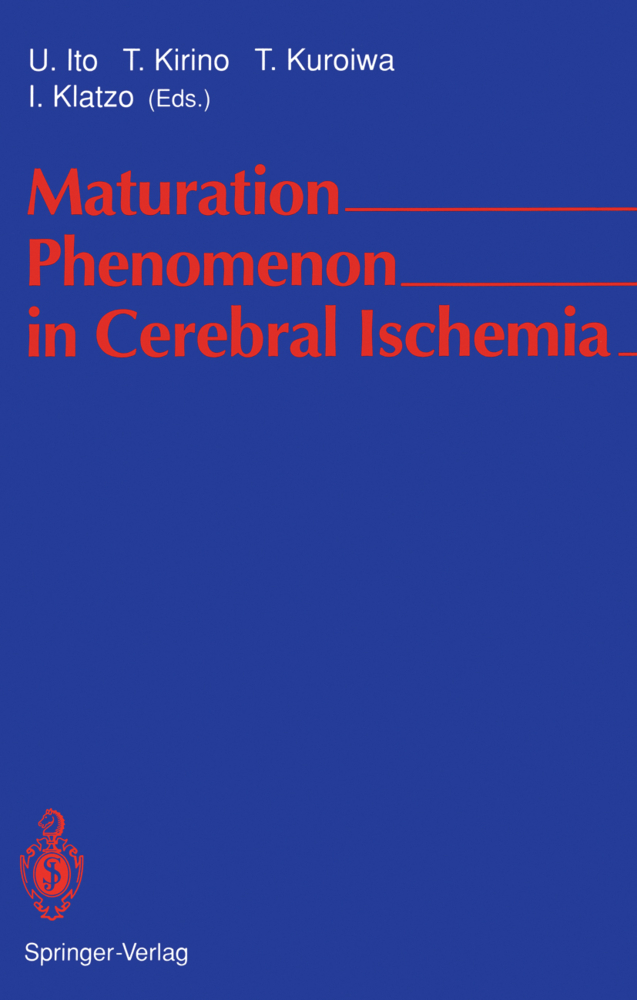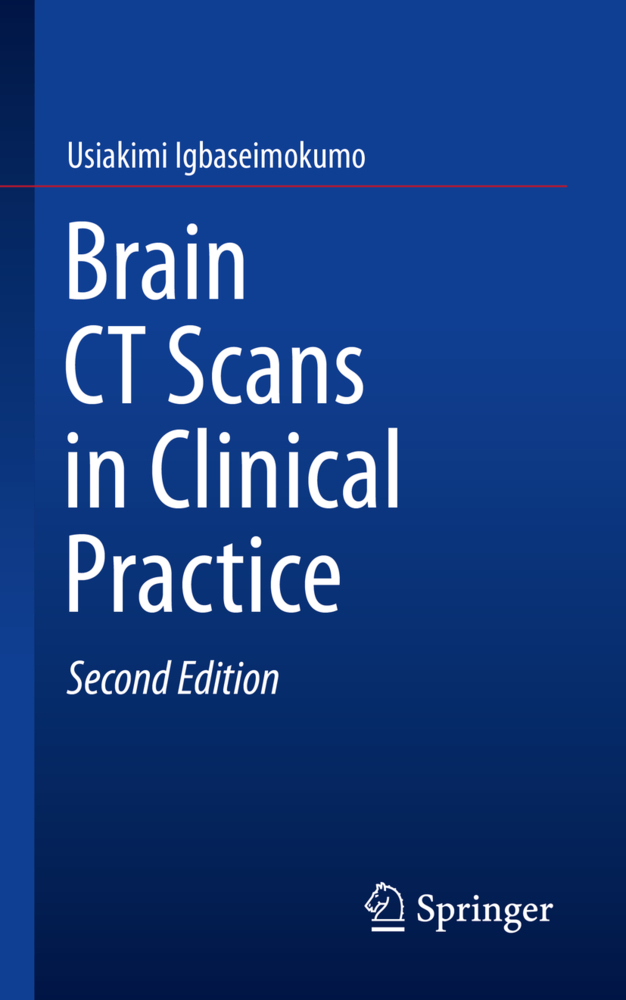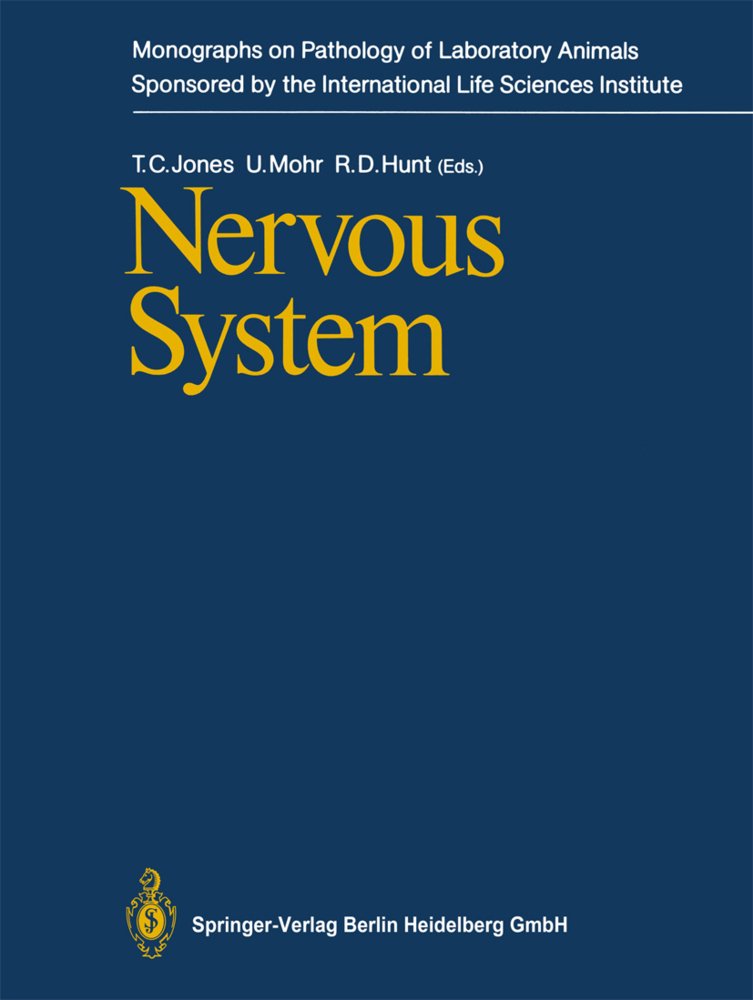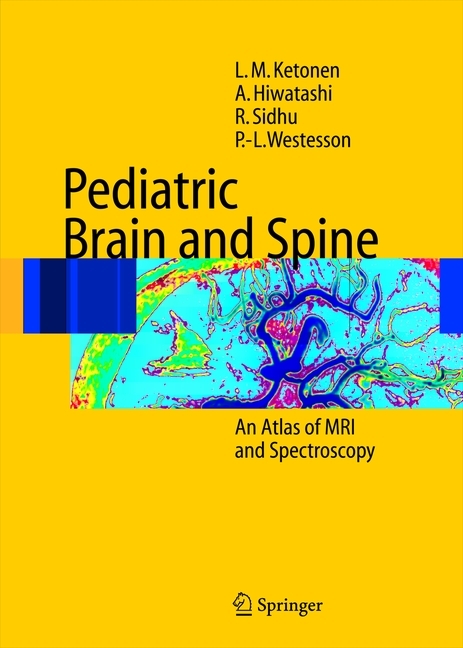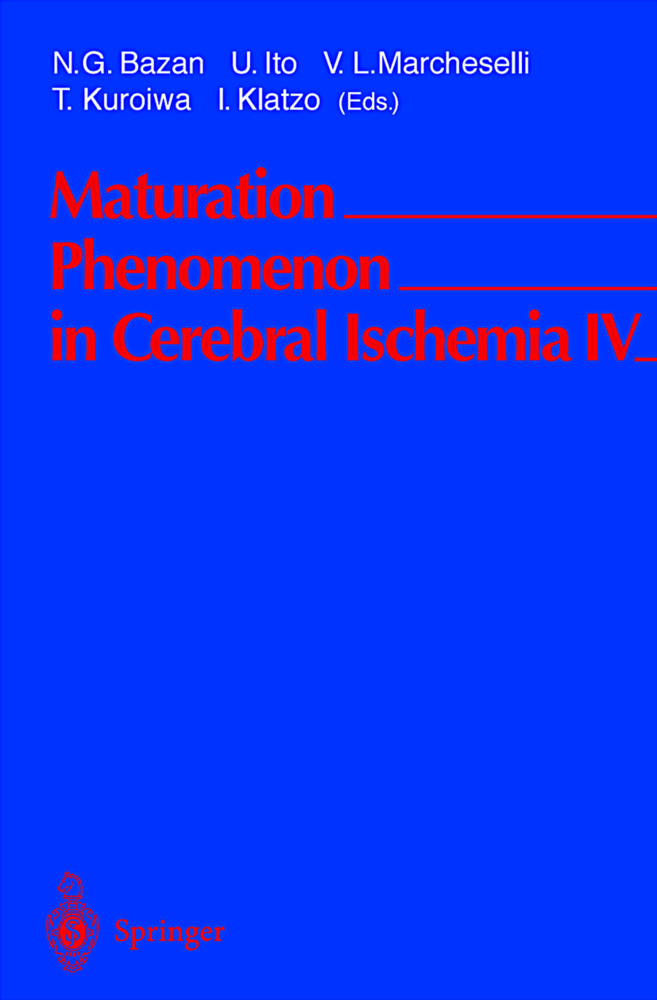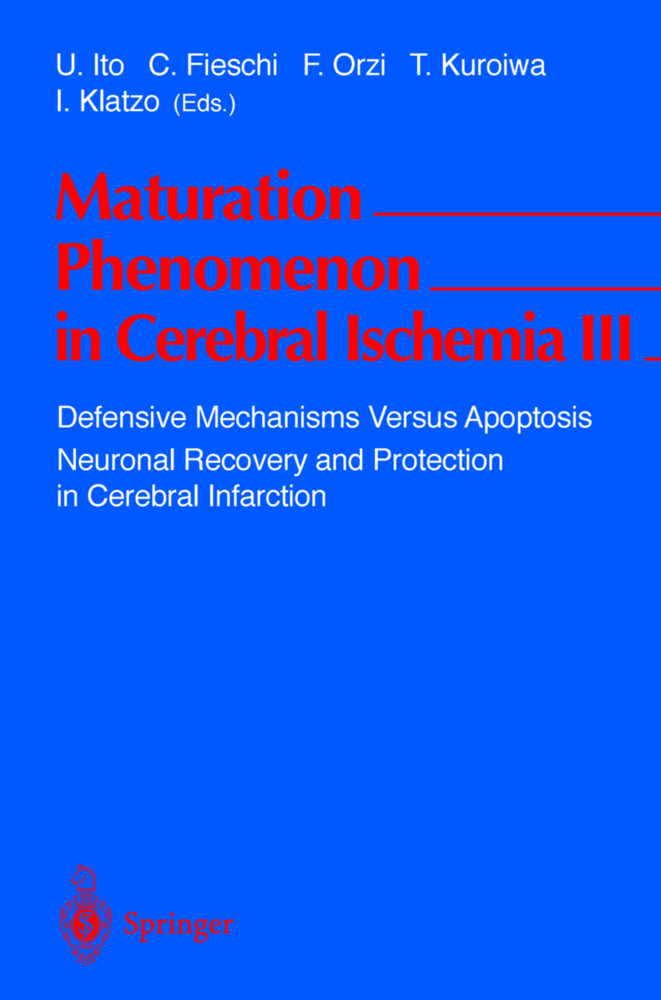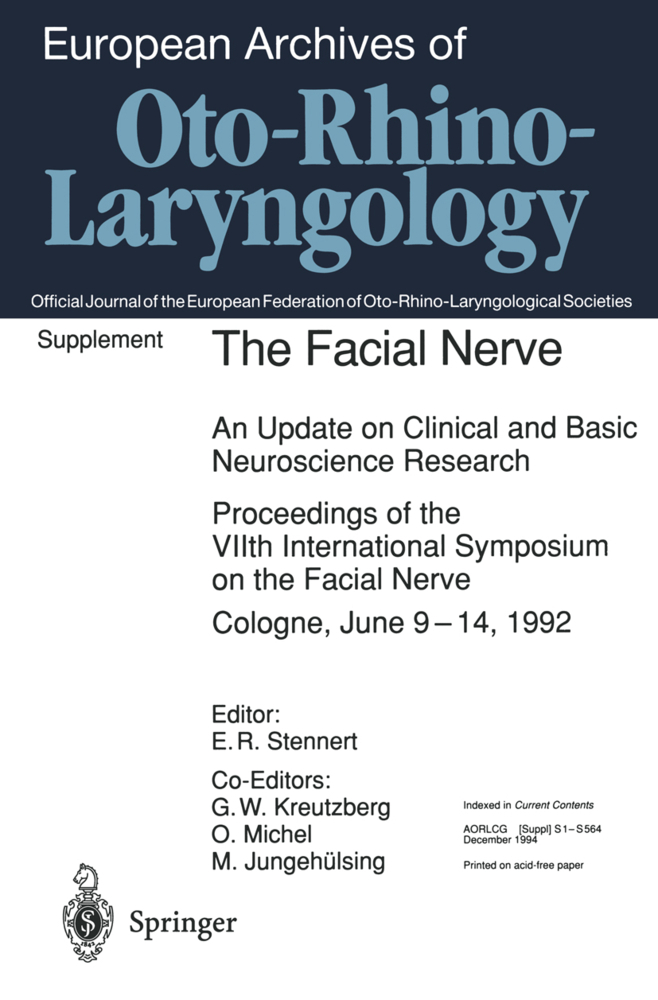Maturation Phenomenon in Cerebral Ischemia V
Fifth International Workshop April 28-May 1, 2002 Banff, Alberta, Canada
Maturation Phenomenon in Cerebral Ischemia V
Fifth International Workshop April 28-May 1, 2002 Banff, Alberta, Canada
The Maturation Phenomenon, first described by Ito et al. in 1975, refers to post ischemic changes that develop hours or days after an ischemic insult. The delayed neuronal death of CAl pyramidal cells of the hippocampus is a classic example. The report of the phenomenon boosted research in the field, as it became evi dent that ischemic damage is not a sudden event but a process potentially suscep tible to therapeutic intervention. In September 1990, Ito and collaborators organized the First International Sym posium on "Maturation Phenomenon in Cerebral Ischemia" which was held in To kyo, Japan. The Second Symposium was organized in Tokyo, Japan in March/April 1996. The Third Symposium was held in Pozzilli, Italy in April 1998 and the Fourth Symposium was held in New Orleans, Louisiana, USA in October/Novem ber 1999. This book contains the presentations of the Fifth International Workshop on Maturation Phenomenon in Cerebral Ischemia held at the Rimrock Resort Ho tel in Banff, Alberta, Canada on April 28-May 1, 2002. It outlines the present sta tus of investigations and provides further stimulation for research in this field. The Maturation Phenomenon represents a continuing struggle for survival be tween the acceleration of tissue or neuronal death and the activation of defense mechanisms leading to neuronal recovery. The elucidation of these mechanisms is important for developing the ability to manipulate them during a long-lasting "therapeutic window".
Temporal Profile of Gene Induction After Venous Ischemia and Effects of Spreading Depression
The Role of Protein Phosphatases Type 2C in Neuronal Apoptosis
Mitochondrial Cytochrome C- and Smac-Dependent Apoptosis in Cerebral Ischemia: Role of Oxidative Signaling
Erythropoietin: A Beneficial Approach to Neuroprotection in Stroke
Transgenic Mutants for the Investigation of Molecular Stroke Mechanisms
Compartmentalization in Focal Cerebral Ischemia
Modulation of the Post-Ischemic Immune Response Improves Outcome in Focal Cerebral Ischemia: A Role for Lymphocytes in Stroke
Tumor Necrosis Factor-Alpha (TNF-a) and Ceramide Induce Tolerance to Ischemic and Hypoxic Insults to Brain and Brain Cells Associated with Changes in NFKB function
Microglial Proliferation and Cell Cycle Protein Upregulation in the Rat Hippocampus Following Forebrain Ischemia
A Role for Cerebrovascular Endothelium in Ischemia and Reperfusion
Neural Stem Cells: Developmental Lessons May Yield Therapeutic Insights
Experimental Neuroprotection: Translation to Human Stroke Trials
Acid-Sensitive Ion Channels in Brain. New Modulation of Ischemic Injury
In-Vitro Elucidation of Mechanisms Underlying Cell Swelling and Death of Nerve and Glial Cells
Endogenous Protection Against Hypoxia/Ischemia in the Brain via Erythropoietin
Ultrastructural Temporal Profile of the Dying Neuron and Surrounding Astrocytes in the Ischemic Penumbra: Apoptosis or Necrosis
The Maturation Phenomenon as an Expression of C. & O. Vogt's Theory of Pathoclisis
Protection by Apomorphine of Dopaminergic Neurons Following AcuteInhibition of Oxidative Metabolism in Rodents
Marrow Stromal Cells as Restorative Treatment of Neural Injury
Protein Aggregation, Unfolded Protein Response and Delayed Neuronal Death after Brain Ischemia
Slow Progression of Neurologic Impairment after Mild Ischemic Insult in Rodents: Relationship to Metabolic and Histologic Changes
Comparison of Light Transparency Changes of the Cerebral Cortex during Focal Ischemia and Death
Sphingolipids Metabolism Following Cerebral Ischemia
Preconditioning of Gerbil Brain Reduces Hippocampal Depolarization Time Following Transient Fore-Brain Ischemia: Relationship to CAI Neuron Injury
The Expression of MMPs in CNS Injury has Beneficial Roles
VI Neurogenesis Stem Cell Activation - Repair and Plasticity Postischemic Hypothermia Fails to Improve Outcome after a Striatal Hemorrhage in Rats
Activation of NG2-Positive Oligodendrocyte Progenitor Cells after Focal Ischemia in Rat Brain
Postischemic Housing in an Enriched Environment Influences Hippocampal Progenitor Cell Differentiation after Focal Cortical Ischemia
Estrogen Protects Against Global Ischemia-Induced Neuronal Death and Prevents Activation of Apoptotic Signaling Cascades in the Hippocampal CA1
Ischemic Preconditioning Prevents Global Ischemia-Induced Downregulation of the AMPA Receptor G1uR2 Subunit in the Hippocampal Cal but does not Bock Caspase-3 Activation nor Protect against GluR2 Antisense Knockdown
Acute Recovery and Delayed Changes in Tissue Following Transient Cerebral Hypoxia-Ischemia: Impedance, Electron Microscopy and MR Imaging Studies in Rats
A Selective Thrombin Inhibitor Prevents Thrombin-Induced Neuronal Cell Death and Mild Hypothermia Enhances its Neuroprotective Effects Following Transient Focal Ischemia in Rats
Zinc Dynamics in the Cerebral Cortex of Adult Mice Following Photothrombotic Stroke
Persistent Neuroprotection against Focal Cerebral Ischemia Induced by Cortical Spreading Depression in Mice
Anatomical, Morphological and Behavioral Assessments of Four Different Models of Stroke
Effects of Endurance Exercise on Recovery Following Focal Ischemic Infarct
Leukocyte Rolling and Adhesion in Pial Microvessels Following Cerebral Ischemia in the Mouse: Effects of Hypothermia
Early Hypoxic-Ischemic Changes in Blood Flow, T1 Relaxation Time, Apparent Diffusion Coefficient and Water Content in Neonatal Rat Brain
Increased Expression of nNos Following Cortical Spreading Depression in Rat Brain J
Regional Differences on Free Fatty Acid Accumulations between Upper and Lower Frontal Cortex in Rat Focal Ischemia
Cerebral Ischemia and the Rat Motor Cortex: Time Course of Dysfunction and the Effects of Differential Rehabilitation Paradigms on Functional Recovery
Rehabilitation Induced Cortical Dysfunction Following Focal Ischemic Infarct
Behavioral Improvement by Activation of Endogenous Progenitors in the Rat Transient Forebrain Ischemia Model
5thlnternational Workshop Maturation Phenomenon in Cerebral Ischemia Round Table Discussion.
Modulation of Neuronal Death by the Transcription Factor E2F1 in Experimental Stroke
Brain Genomic Responses to Ischemic Stroke, Hemorrhage, Seizures, Hypoglycemia and HypoxiaTemporal Profile of Gene Induction After Venous Ischemia and Effects of Spreading Depression
The Role of Protein Phosphatases Type 2C in Neuronal Apoptosis
Mitochondrial Cytochrome C- and Smac-Dependent Apoptosis in Cerebral Ischemia: Role of Oxidative Signaling
Erythropoietin: A Beneficial Approach to Neuroprotection in Stroke
Transgenic Mutants for the Investigation of Molecular Stroke Mechanisms
Compartmentalization in Focal Cerebral Ischemia
Modulation of the Post-Ischemic Immune Response Improves Outcome in Focal Cerebral Ischemia: A Role for Lymphocytes in Stroke
Tumor Necrosis Factor-Alpha (TNF-a) and Ceramide Induce Tolerance to Ischemic and Hypoxic Insults to Brain and Brain Cells Associated with Changes in NFKB function
Microglial Proliferation and Cell Cycle Protein Upregulation in the Rat Hippocampus Following Forebrain Ischemia
A Role for Cerebrovascular Endothelium in Ischemia and Reperfusion
Neural Stem Cells: Developmental Lessons May Yield Therapeutic Insights
Experimental Neuroprotection: Translation to Human Stroke Trials
Acid-Sensitive Ion Channels in Brain. New Modulation of Ischemic Injury
In-Vitro Elucidation of Mechanisms Underlying Cell Swelling and Death of Nerve and Glial Cells
Endogenous Protection Against Hypoxia/Ischemia in the Brain via Erythropoietin
Ultrastructural Temporal Profile of the Dying Neuron and Surrounding Astrocytes in the Ischemic Penumbra: Apoptosis or Necrosis
The Maturation Phenomenon as an Expression of C. & O. Vogt's Theory of Pathoclisis
Protection by Apomorphine of Dopaminergic Neurons Following AcuteInhibition of Oxidative Metabolism in Rodents
Marrow Stromal Cells as Restorative Treatment of Neural Injury
Protein Aggregation, Unfolded Protein Response and Delayed Neuronal Death after Brain Ischemia
Slow Progression of Neurologic Impairment after Mild Ischemic Insult in Rodents: Relationship to Metabolic and Histologic Changes
Comparison of Light Transparency Changes of the Cerebral Cortex during Focal Ischemia and Death
Sphingolipids Metabolism Following Cerebral Ischemia
Preconditioning of Gerbil Brain Reduces Hippocampal Depolarization Time Following Transient Fore-Brain Ischemia: Relationship to CAI Neuron Injury
The Expression of MMPs in CNS Injury has Beneficial Roles
VI Neurogenesis Stem Cell Activation - Repair and Plasticity Postischemic Hypothermia Fails to Improve Outcome after a Striatal Hemorrhage in Rats
Activation of NG2-Positive Oligodendrocyte Progenitor Cells after Focal Ischemia in Rat Brain
Postischemic Housing in an Enriched Environment Influences Hippocampal Progenitor Cell Differentiation after Focal Cortical Ischemia
Estrogen Protects Against Global Ischemia-Induced Neuronal Death and Prevents Activation of Apoptotic Signaling Cascades in the Hippocampal CA1
Ischemic Preconditioning Prevents Global Ischemia-Induced Downregulation of the AMPA Receptor G1uR2 Subunit in the Hippocampal Cal but does not Bock Caspase-3 Activation nor Protect against GluR2 Antisense Knockdown
Acute Recovery and Delayed Changes in Tissue Following Transient Cerebral Hypoxia-Ischemia: Impedance, Electron Microscopy and MR Imaging Studies in Rats
A Selective Thrombin Inhibitor Prevents Thrombin-Induced Neuronal Cell Death and Mild Hypothermia Enhances its Neuroprotective Effects Following Transient Focal Ischemia in Rats
Zinc Dynamics in the Cerebral Cortex of Adult Mice Following Photothrombotic Stroke
Persistent Neuroprotection against Focal Cerebral Ischemia Induced by Cortical Spreading Depression in Mice
Anatomical, Morphological and Behavioral Assessments of Four Different Models of Stroke
Effects of Endurance Exercise on Recovery Following Focal Ischemic Infarct
Leukocyte Rolling and Adhesion in Pial Microvessels Following Cerebral Ischemia in the Mouse: Effects of Hypothermia
Early Hypoxic-Ischemic Changes in Blood Flow, T1 Relaxation Time, Apparent Diffusion Coefficient and Water Content in Neonatal Rat Brain
Increased Expression of nNos Following Cortical Spreading Depression in Rat Brain J
Regional Differences on Free Fatty Acid Accumulations between Upper and Lower Frontal Cortex in Rat Focal Ischemia
Cerebral Ischemia and the Rat Motor Cortex: Time Course of Dysfunction and the Effects of Differential Rehabilitation Paradigms on Functional Recovery
Rehabilitation Induced Cortical Dysfunction Following Focal Ischemic Infarct
Behavioral Improvement by Activation of Endogenous Progenitors in the Rat Transient Forebrain Ischemia Model
5thlnternational Workshop Maturation Phenomenon in Cerebral Ischemia Round Table Discussion.
Buchan, A. M.
Ito, U.
Colbourne, F.
Kuroiwa, T.
Klatzo, I.
| ISBN | 9783540408741 |
|---|---|
| Artikelnummer | 9783540408741 |
| Medientyp | Buch |
| Copyrightjahr | 2003 |
| Verlag | Springer, Berlin |
| Umfang | 362 Seiten |
| Abbildungen | XX, 362 p. |
| Sprache | Englisch |

